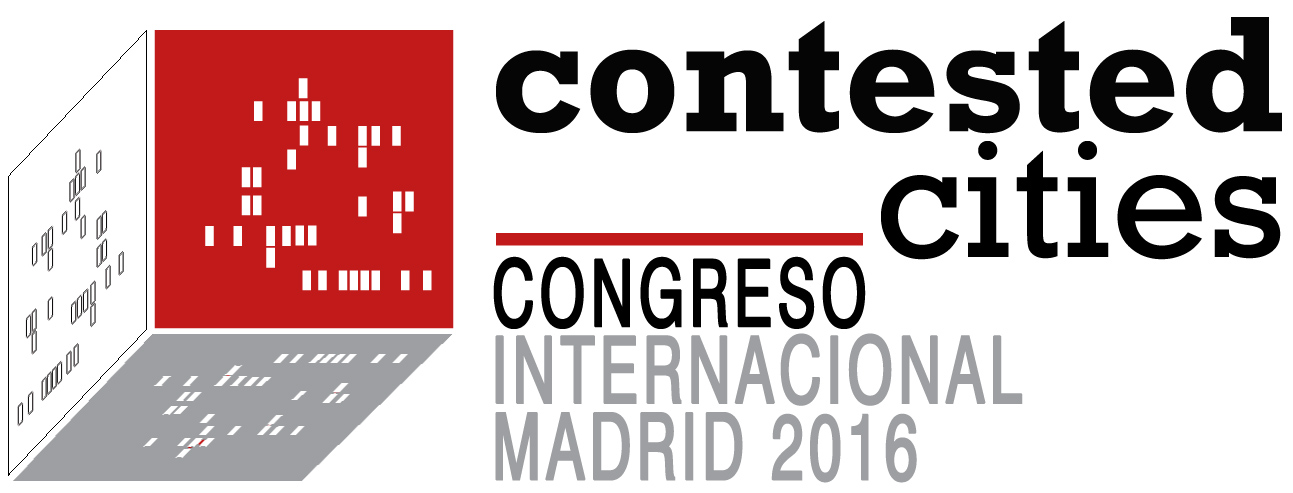
Joan is Professor of Political Science at the Universitat Autònoma de Barcelona, researcher at the University Institute of Governance and Public Policies in Barcelona, and honorary professor at the Department of Public Affairs of FLACSO Ecuador. His recent publications deal with the municipal political transformations in Spain after the deep economic, political and social crisis of the last decade. He will provide first-hand insights into the new municipal coalitions that emerged in Spanish cities in the aftermath of the 15-M movement, and the way relations between social movements and new governmental coalitions have been shaped since then.
Abstract:
Is the New Municipalism getting old? Disruptive capacity and institutional inertia a year after May 24th 2015.
The may 25th municipal elections marked a turning point. The significance of the changes and the arrival of many new people to town meetings, the town hall and mayoral council, made it possible to very soon be talking of a “new municipalism”. Now, a year later, there are voices saying that the “new” has become old. Are the towns and cities changing the government teams or are the institutions forcing the ones that wanted to change it all to fit into strict institutional frameworks?
The old-new binary scheme is too simple. On the other hand, the situation is different in every municipality (in this sense, the comments made here are strongly marked by the experience of "Barcelona in Comú"). Alteration of the local political map was remarkable. Much more pluralism, both at municipal level and in the forces or political confluences. Fragile majorities. A context marked by austerity policies and crisis, of the political institutions and the traditional parties. Suffering from numerous cases of corruption and disrepute. Some items to point out from these moths: new local agendas, with more emphasis on social issues, new conceptions on diversity and less adherence to the competences marked by the traditionally centralizing laws; willingness to break and surpass the government-governance logic, that used to confine the participatory experiences to very specific frameworks and contexts; remarkable use of networks to generate new communication channels both inside and outside of the institution and the organizational dynamics.
It is not yet clear whether we have a “municipalism in response of the crisis” (mitigation measures, greater redistributive capacity, emergency measures, etc.) and its effects, or an “alternative municipalism” able to raise new forms of social and political relations of production and consumption (use of the recruiting capacity, new economy initiatives, new forms in soil/housing issues, municipalization of services, etc.), of overcoming the idea of the public as the strictly institutional. We cannot certainly establish the degree of novelty in the institution-movements-socialdynamics relation, although initiatives aiming to experience and overcome the strictly delegational-representative logics have emerged. Finally, there has been relatively little progress in setting up networks of cities with new governments with transforming will, although some progress in Spain and in Europe has been achieved.
